Firearms provide a unique level of protection, which is why approximately 46% of households in the United States own a gun. It might also surprise you to learn that around one-third of all civilian guns in the world are owned by Americans. If you’re looking to sell a gun to someone else, it’s essential to understand how to legally sell a gun.
This will prevent you from infringing upon gun sales laws and ensure you find the right buyer. We’ve put together a brief guide with the key information you should know. Let’s explore how to complete your transaction safely and efficiently.
Check Your State’s Laws
Different states have different gun laws, and it’s essential to understand how they apply to your situation. The last thing you want is to encounter legal difficulties due to a lack of knowledge. Unfortunately, being ignorant of local regulations won’t absolve you of blame.
This could result in costly fines or even jail time. State laws could dictate minimum age requirements, waiting periods, and out-of-state transfers.
Find a Reputable Buyer
To ethically complete firearm sales, it’s crucial to find a reputable buyer. Selling to an organization is the easiest way to verify their background.
You can quickly determine areas of concern through an online search. It’s possible to sell a gun to an individual you meet online, but this comes with numerous risks. It can be difficult to determine the individual’s criminal history without running a comprehensive background check.
Some people with prior legal troubles aim to misrepresent themselves and find unsuspecting sellers. Individual buyers also sometimes use firearm transactions as an opportunity to rob the seller.
Stay wary of anyone you meet online and never go through with the sale if something seems off. When in doubt, focus on reputable institutions.
Prepare a Bill of Sale
Many people overlook the necessity of preparing a bill of sale for selling a firearm. This is a document that details in writing the transfer of property between parties.
This essentially serves as legal evidence the transaction occurred. If either party attempts to dispute ownership in the future, the bill of sale can prove who currently owns the item. There are two primary types: conditional and absolute.
A conditional bill of sale declares ownership will be transferred under certain conditions. More often than not, it will state that the receiving party will gain ownership of the gun after they pay a certain amount of money or wait a certain period. If the recipient doesn’t adhere to the terms, the grantee can seize the property.
An absolute bill of sale can be thought of as a receipt for the transaction. It doesn’t have the same protections in place as a conditional bill of sale. An absolute bill of sale is most appropriate when the seller has already received the money.
Under no circumstances should you sell a gun without preparing a bill of sale. This puts you at risk of having the other party claim they never received the item and demand their money back.
Organize the Exchange
Once everything’s been decided, you can organize the exchange. This can be a simple or complex process depending on the circumstances.
If you meet up with somebody online, you’ll want to do so in a well-lit public place. Many people choose to organize transactions in front of police stations to make both parties feel safer. Selling your gun to an institution is much simpler.
Transactions will be legally sound and occur in a safe environment. You can also take advantage of multiple selling options. To clarify, you could receive a lump sum of cash in exchange for your gun.
Or, you could leverage your gun’s value to put toward the price of another firearm they keep in stock. Cash consignment is also possible. This refers to a situation where you leave your gun with the institution and have them sell it for you at a later date.
You’ll pay a small percentage of the transaction as a fee for their services. When looking for a company to sell to, research their past reputation. This provides valuable insight into the experience you’ll get.
Only work with businesses that have an overwhelmingly high amount of positive feedback. You should also ask how quickly you’ll receive payment for your gun.
Some locations will pay you within 24 hours, while others make you wait longer. With enough due diligence, you’ll find the ideal choice for your situation.
Red Flags to Avoid
To ensure everything goes as smoothly as possible, there are certain red flags you should avoid. One of the most notable is working with suspicious buyers you meet online.
If they want to pay you in anything other than cash, you should stop speaking with them. Scammers typically try to pay in gift cards or stolen property. You could put yourself at unnecessary risk by working with them.
Never meet buyers in suspicious locations. Instead, only perform the transaction in public places. If the buyer wants you to meet them in a rural area or come to their house, they more than likely have bad intentions.
If you visit an institution and don’t feel comfortable, don’t be afraid to continue your search elsewhere. For example, let’s assume you walk into a business to sell your gun.
The staff seem very intimidating and don’t appear to be interested in negotiating. Staying aware of situations like these can help you avoid many issues you would have otherwise encountered.
Understand How to Legally Sell a Gun
Before the transaction moves forward, make sure you understand how to legally sell a gun. You’ll avoid legal issues and stay safe during the process. You can also likely get a better deal.
S&S Sales has served customers for over a decade and aims to provide guns, optics, and ammunition at competitive prices. We strive to exceed expectations during each transaction and are always willing to help customers meet their needs. You can learn more about the benefits we provide by getting in touch with us.

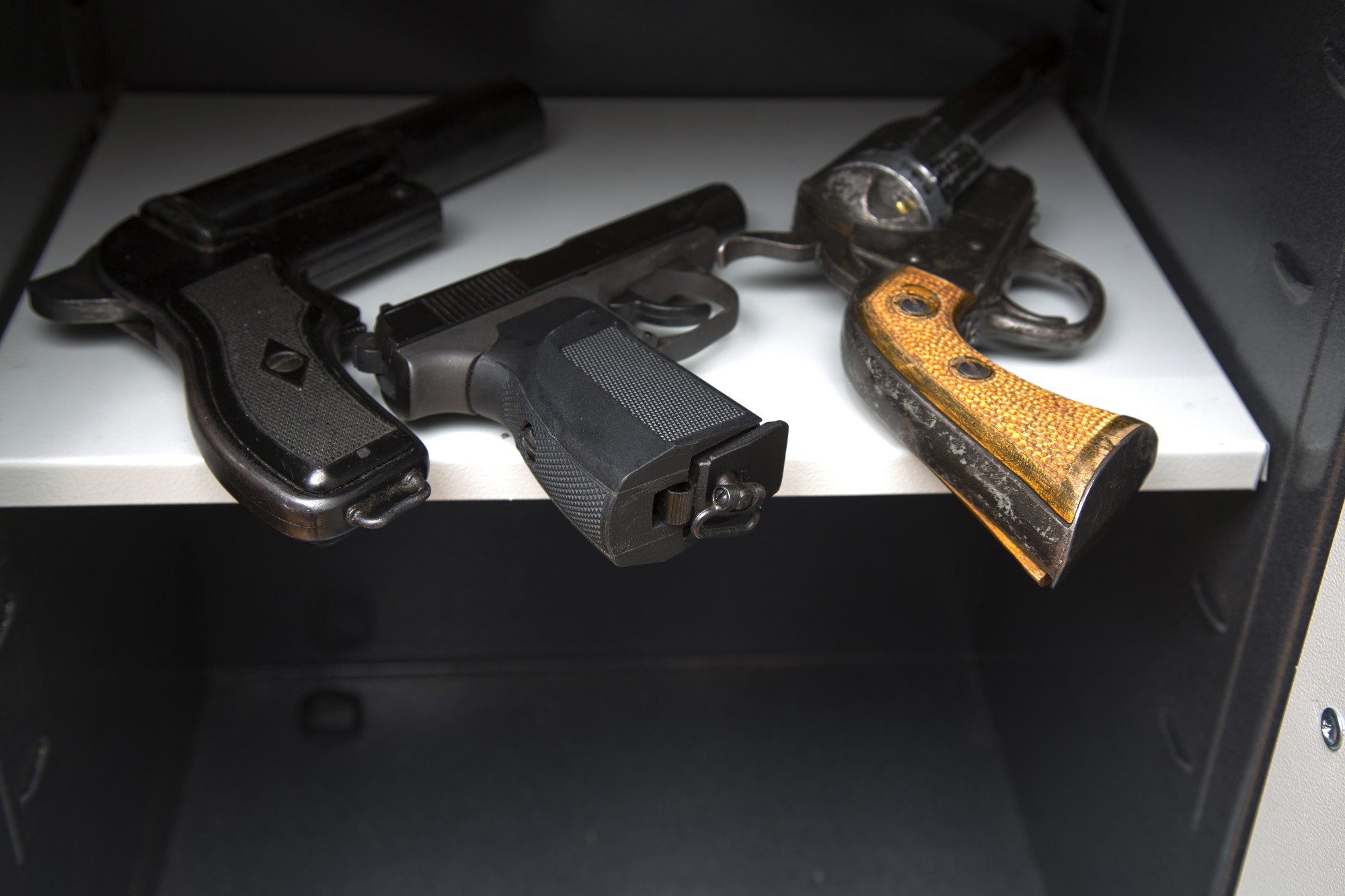
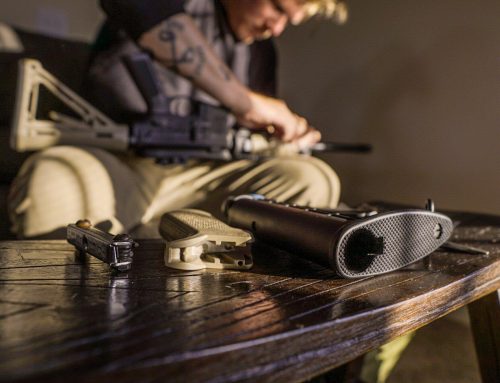
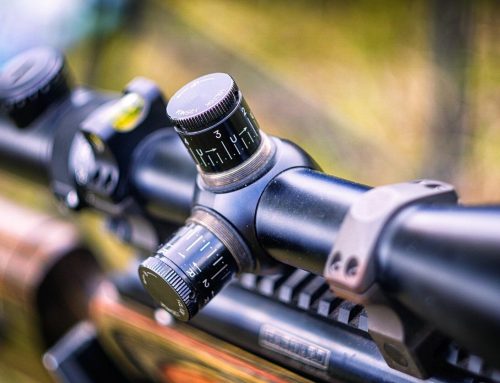
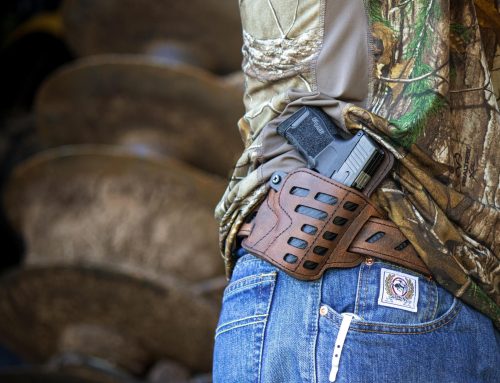
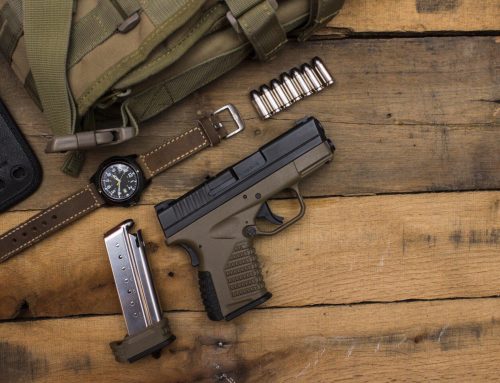


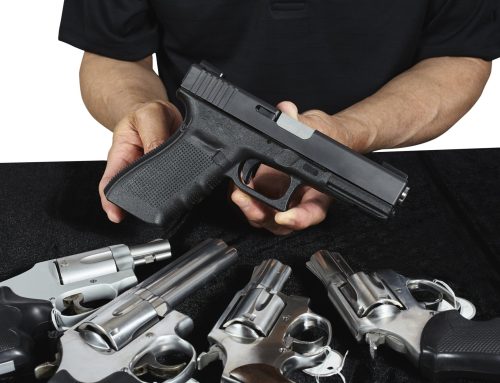
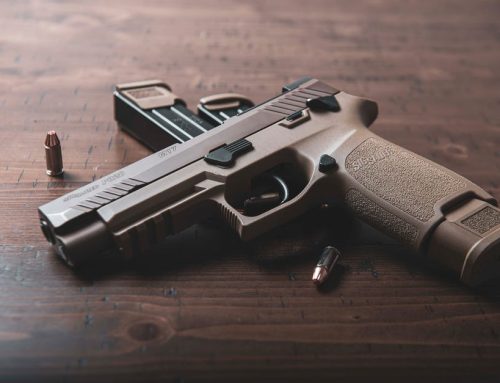
Leave A Comment